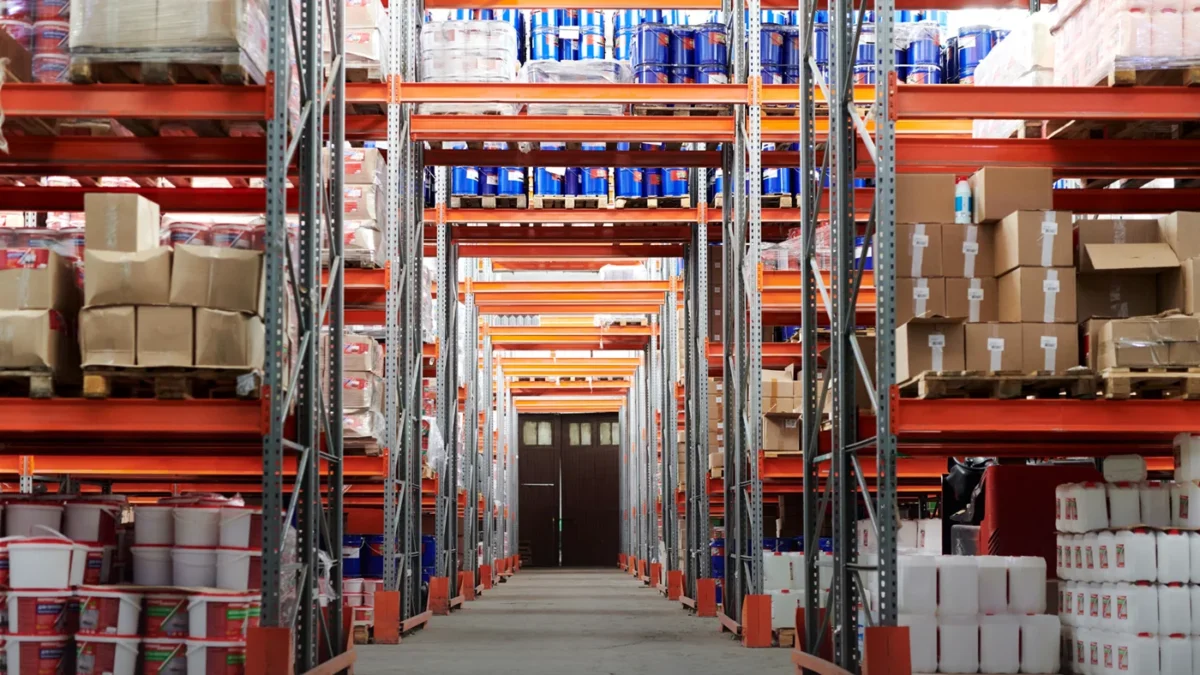
Why is traceability important?
To compete and grow, manufacturing companies should continually increase their productivity and efficiency, while at the same time reducing costs in order to maintain or increase profitability. But with the low-hanging fruit collected, improving gets harder the more advanced a company gets in a specific area. Split seconds and single cents saved in throughput time and cost matter on the path to increased efficiency in mass production — in fact, these may be the only feasible changes a massive manufacturer can make. As understanding and monitoring all the process steps in detail is crucial to improve process efficiency, traceability is a key ability in manufacturing.
As MIT demonstrates, traceability is not only essential to improve the efficiency of production, but it also plays a role in sales, procurement, and partnership decisions. Businesses are increasingly starting to prefer partners with more traceable products, while customers are choosing products whose processes, producers, and raw materials they can see and ensure align with their values and preferences.
What about sustainability?
Traceability is not only effective in increasing the efficiency of supply chains, it is also important in making businesses more sustainable. In fact, traceability is most often a necessity to discover the areas of the supply chain that can be improved and changed for a more sustainable alternative.
With conscious consumerism on the rise, customers are increasingly choosing traceable alternatives. They want to be able to see details of the processes and raw materials so that they can make more informed purchasing decisions and choose healthier, higher quality, and more sustainable options among similarly priced alternatives.
Fairphone uses ethically sourced materials and designs modularly for easy repairs while manufacturing their smartphones. They also publicise their suppliers which lets users and potential customers make sure Fairphone’s claims for ethical production are correct. This has resulted in Fairphone nearly doubling their sales in 2020 as their industry influence increases.
After purchase, traceability helps maintain products for greater durability and quality, allowing for a better customer experience during use. Naming the type of textile, dye, and printing process that goes into making an article of clothing informs the wearer of how to wash and store the item to retain the optimum quality of its fibres, colours, and shape for longer. When the time for disposal ultimately comes, the wearer can recycle or sometimes even compost the garment thanks to the material information provided by the manufacturer.
In addition to manufacturers responding to demands from society – be it customer demand or the rising prevalence of ESG among investors – sustainability is becoming a hot topic in policymaking. Various regulations and restrictions for non-sustainable alternatives are increasing, so it is becoming a necessity for companies to improve their current systems and turn them into more sustainable ones. It is also the responsibility of companies to choose more sustainable alternatives for the sake of the planet. Traceability technologies can lead to a safer, more sustainable world. If you are interested, you should check out the World Economic Forum’s article, which mentions how effective traceability technologies are and argues it is necessary for all industries, products, and levels.
Real Life Examples
Various service companies can provide solutions in the pursuit of traceability. Such changes in existing manufacturing processes have different needs and pain points that need to be addressed. We have compiled a few different companies below that focus on these solutions.
Trace X is a company that provides blockchain-based solutions on supply chain traceability. As an unchangeable single source of truth for supply chain information storage, blockchain is one of the best alternatives for building a transparent, traceable supply chain. Blockchain can support the development of supply chains by empowering quicker and more cost-efficient delivery of products and improving the coordination among partners by making the details of the process visible. As explained by Harvard Business Review, utilising blockchain-based technologies is one of the best alternatives for supply chain improvement.
Another company, Inexto focuses on software and services for the tracking, protection, authentication, and serialisation of process volume control. They provide solutions not only focused on supply chains, but also on governments, consumers, and manufacturers by classifying traceability-related issues for a smoother management of the supply chain.
Scantrust, meanwhile, focuses on product digital identity, anti-counterfeiting, customer engagement, and supply chain traceability-related issues. They create a new marketing channel for their customers through their QR codes which enable a digital identity for products complete with logistic details, and provide security services.

